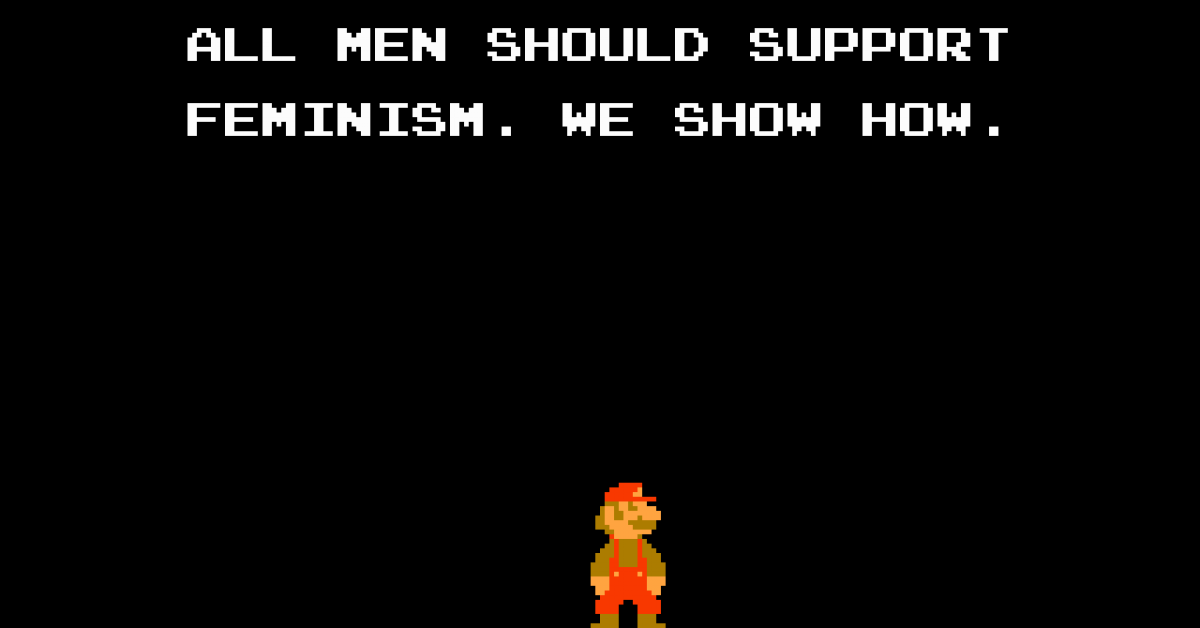Author: Dominic Knight, musician, film maker and writer from Brighton, UK
First of all I would like to start with a disclaimer; at no point in this article do I seek to detract from the experiences of the women who have experienced such behaviour by men. I disagree with such behaviour wholeheartedly and try to stay as active as possible to call out any actions that I am privy to. What I am trying to do is make objective points and understand the problems and where they arise because as we all know, nothing in life is black and white…apart from Laurel and Hardy films.
Let’s start at the beginning. It was me. I did it.
Throughout my life, I have inadvertently been that guy. Even though since, as young as I can remember, I have called out my friends for cat calling, stopped people I know from pressuring our female friends into sex and various other unacceptable behaviours. Indeed, I am no saint though, far from it.
With the advent of the MeToo hashtag, it has got me thinking about how consistent this behaviour is. Though it is not surprising that many of my friends have used the tag, I am sure that each and every woman I know or have known has experienced these feelings and actions of intimidation and assault that it intends to raise awareness for. Many will not want to engage with this online campaign for various reasons, but it does not mean their voices and opinions are any less important, their experiences are there, whether you trend it on twitter or not.
It crossed my mind to voice my own experiences on social media. As a man, I feel I have the right to use this hashtag as I have experienced sexual abuse and intimidation. What stopped me however is not wanting to do the classic privileged patriarchal action of taking something of importance from someone else and changing it’s point.
Now I am aware that this is not actually the case. I’m sure most people would be behind anyone that stands up and says, “Hey, I have been sexually abused too.” It would defeat the point of equality if we couldn’t, but I am voicing my own very real insecurity about my masculinity; that however is sort of a different conversation. What I want to talk about is why and how we as men fall into this role.
I did it. We did it. I may be a cynic by saying this, but I believe that one would be hard pressed to find a man that has gone through his life without inadvertently or indeed deliberately sexually abusing another person. I say this from my own personal experience and have no statistics or factual evidence to back this up, but I feel I have a good grounding for my thoughts.
Here is where it gets tricky and I would like to refer back to my disclaimer, I am not trying to undermine anyone’s experiences at the hands of predatory men.
I do not think that every interaction a young boy or man has with a woman is conscious or thought about. That is not to say that ignorance is acceptable, but at a young age, how do you know that the way you are interacting is actually unacceptable and you are in fact pressuring a girl or young woman into an intimacy she is perhaps not ready for?
I was brought up open minded, liberal and more often than not, naked. I saw my parents have sex around the age of two (they may or may not know that), I had my first sexual feelings at the age of three and at five I stumbled across a pornographic video that was playing on a television. I sat there and watched, not understanding why the man was ‘weeing’ into the woman’s mouth or why his moustache was so big.
I have had various different interactions with girls around my own age that were explorative from about the age of six, and in my memory, it was all ‘consensual’, if you can have such a thing at a young age.
Herein lies the first problem, even though I knew that I should respect women and that rape was wrong, I did not fully know up until my mid twenties that there was a whole world of subtleties outside of obvious sexual abuse, in fact I am still learning about it today – a year and a bit shy of my thirtieth birthday.
The thought that I may have at some point in my early youth, pressured a girl into kissing me or exposed myself, either out of normality on my part or a proud “look at this weird thing I have that you don’t”, fills me with a zealous guilt. In my defence, I did not know any better at the time but that does not take away from the experience of the person on the other end.
The other side of this is that a girl in school once kicked me in the testicles because I wouldn’t kiss her…what reaction does this give you dear reader? Should she look back on her actions in the same way I am now?
As I got older, my confidence with women decreased rapidly and I didn’t really have any interactions until my late teens, eighteen to be precise -I wasn’t as interested in sex as my peers, but maybe I was just lying to myself and hid it behind a love for skateboarding and A&E, but that could have been the morphine and plaster casts.
Throughout the loss of my proverbial cherry and my long term relationship with my girlfriend at the time, I can remember pressuring her, not forcibly or violently but verbally into having sex when we both weren’t feeling the same way. I was not aware that by asking her again after she had said she wasn’t in the mood was the wrong thing to do. It wasn’t that I didn’t understand no, there were plenty of times where no was said and respected, but if I was feeling exceptionally virile my brain would bypass that respect and understanding; even then it didn’t always amount to anything other than a quiet frustration on my part and a wank in the bathroom. But to this day I feel shame for the times I pressured her into something she wasn’t 100% up for, or made her feel bad for not ‘putting out’, as they say in American high school films.
From the opposite side of the coin there were plenty of occasions where we had sex and I did not want to but felt I was obliged as that’s ‘what men want all the time’, so it would be have been untoward for me to say no. Whether or not that was an insecurity at the time or became one, I simply did not know I had the power to say no.
Possibly the point I am trying to make is that as men we are probably not as innocent as we think we are.
Even though we spend most of our lives being kind to strangers, being courteous to our partners and treating our daughters with love and respect, there is still that element wherein we lack a great degree of knowledge of the subtle things we may do that can cause women to feel degraded.
In a way it is not our fault; I remember feeling terrible about myself due to films, advertising and my lack of sexual experience. We are bombarded with information relating to what it means to ‘be a man’ on an hourly basis, unless we’re in the woods chopping down trees with our manly arms and murdering animals for sport. And it cannot be ignored that we live in a society that promotes sex from every imaginable angle. Even with the privilege of being male, white and liberal I still need to read and listen every day in order to break away from being a patriarchal oppressor, whether I mean to or not.
The fact that these conversations or memes or whatever the hell else you call this new technofaddy age pop up in increasing numbers means that it makes people think about it more. I did not know what I know now about women’s rights when I was a teenager, or even in my early teens because it was rarely spoken about; therefore I rarely thought about it. In my head I never struck, I never abused and I never assaulted a woman, so I thought I was a good guy.
To clarify I do not think that every act of misogyny is accidental or unintended, but there is an element where we need to look past the obvious forces of negativity in men and try and tackle the root cause, stemming the problem in the youth before it affects teenagers going through the hell that is hormones.
I want to apologise to every girl and every woman that I may have ever intimidated, pressured or made to feel bad about themselves without my knowing, understanding or intent. It does not excuse anything I may have done, but I hope my actions of the present and the future may help make up for it.
As men it is our constant and eternal duty to be aware of our actions, our privileges and our peers, we need to educate each other and ourselves and not be afraid to stand up and take responsibility for our feelings and actions, as well as listening to and appreciating those who have been affected by our actions. Only through connectivity can we break down the barriers and create a world in which equality is not spoken about because we have surpassed it.

